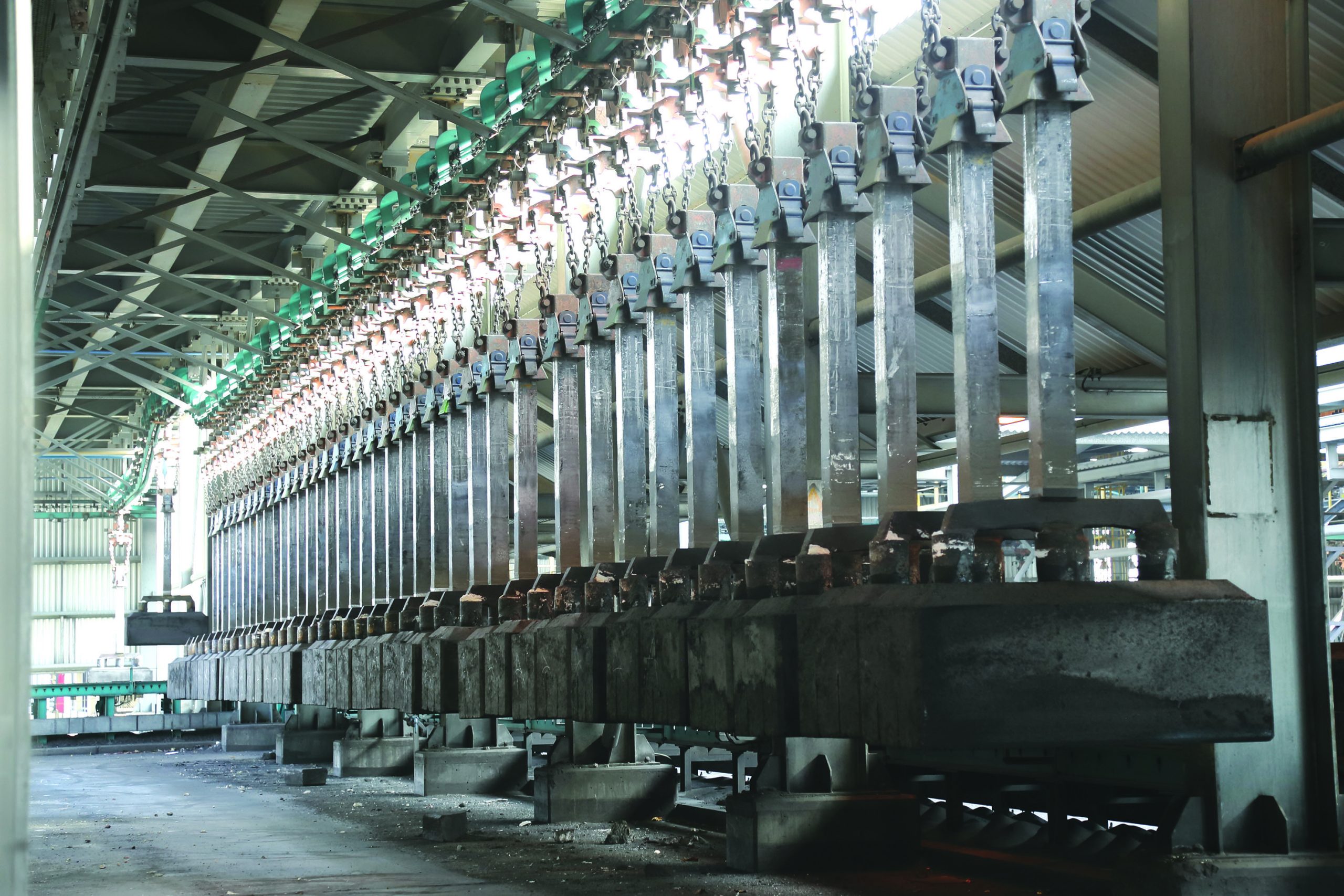Industry
Storms, Floods, Droughts and Heat Will Disrupt Chemical Industry Production as Climate Change Impact Grows

Climate-related hazards are poised to massively disrupt the chemicals industry and have already caused hundreds of millions in damage globally.
In their new report, “In the Path of Destruction: Preparing for Climate Change in the Chemical Industry,” Lux Research outlines steps chemical companies need to take to adapt to the very real threats climate change poses to the industry.
“Increasing levels of CO2 from human-made sources will amplify climate-related risks for the chemical industry. Coastal storms, inland flooding, extreme temperature, and drought will all have wide-ranging consequences,” explains lead report author, Kristin Marshall, Senior Research Associate at Lux. “Serious impacts will include damage to capital assets, disruptions to transport and raw materials availability, and impacts on labour productivity and safety.”
Beyond requiring mitigation steps, these climate impacts will also drive structural changes to industry production. Marshall continues, “Our review of the climate change adaptation strategies found that there is no completely effective solution except to move out of the path of destruction.” The need to adapt will make small-scale, decentralized operations a growing part of the chemicals industry, even in the face of worse economics, as the impact of climate changes intensifies.
Companies do not have to be situated along coasts to be exposed to climate risk given threats to production and logistics. For example, shipping disruptions that hit BASF and other producers due to low water levels on the Rhine and the flooding Dow experienced in Midland, Michigan. The financial implications are already significant, costing hundreds of millions in damage and lost earnings. In the long term, small-scale decentralised manufacturing, such as fermentation or electrochemical production, will enable companies to operate across multiple smaller facilities, reducing exposure of the supply chain to climate risk.

-

 OER Magazines2 months ago
OER Magazines2 months agoOER, December 2025
-

 News2 months ago
News2 months agoAI Security Conference 2025 Hosted by Securado Highlights the Changing Cybersecurity Landscape
-

 Insurance1 month ago
Insurance1 month agoSupporting Community Wellness: Liva Insurance Sponsors Muscat Marathon 2026 with Free Health Checkups
-

 Interviews1 month ago
Interviews1 month agoEXCLUSIVE INTERVIEW: TLS Rebranding Marks Strategic Leap Toward Innovation, Sustainability & Growth
-

 Insurance1 month ago
Insurance1 month agoLiva Insurance Supports Community Wellness Through “Experience Oman – Muscat Marathon 2026”
-

 Investment2 weeks ago
Investment2 weeks agoLalan Inaugurates Its First Overseas Manufacturing Facility, Marking Sri Lanka’s First Investment in SOHAR Freezone
-

 Construction3 weeks ago
Construction3 weeks agoInternational Heavy Equipment hosts Open Day at its Refurbished Facility in Sohar Industrial Area
-

 Banking & Finance1 month ago
Banking & Finance1 month agoA New Platform for SME Growth: Oman Arab Bank Unveils Tumouhi




























